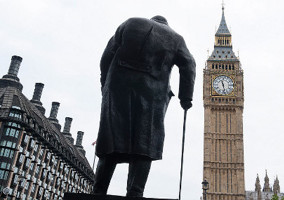A bill that proposes giving trustees the right to request unpaid time off from their jobs to carry out their trustee duties, had its first reading in the Commons yesterday.
The Charity Trustees (Time Off for Duties) Bill is a 10-minute rule bill proposed by Susan Elan Jones, the Labour MP for Clwyd South and co-chair of the All-Party Parliamentary Group on Charities and Volunteering. It is supported by 11 more MPs including former shadow charities minister Gareth Thomas.
The bill seeks to amend the Employment Rights Act 1996 to give trustees the same status in law as a number of other voluntary roles in public life, by allowing them to take a reasonable amount of time off work to discharge their duties.
Under existing law, school governors, local councillors, magistrates, members of health authorities or tribunals and trade union members all have a legal right to request time off from work to perform their duties – but trustees don’t.
Jones said the bill would not only value existing trustees by giving them an “improved status in law”, but might encourage a more diverse range of people to join charity boards.
She pointed out that the average trustee, as determined by Charity Commission research, is a 62-year-old white British male. While their service is valued, she said, “I would like that service to be enhanced by that of a wider range of people. We should take seriously that there are whole swathes of the population who are currently under-represented as charity trustees.”
Jones added that “reasonableness” means that any time off for trusteeship must be agreed by an employer, and the employer can refuse a request if it is considered unreasonable.
The law change would not apply to police officers, members of the armed forces, agency workers, merchant seamen or those working at sea on a fishing vessel, or gas or oil rig.
Ten-minute rule bills are typically introduced by backbench MPs in order to highlight a certain cause or issue, but they require government support in order to become law. Most backbenchers use it as a mechanism to build support in Parliament for an issue that they hope ultimately to persuade the government to include within one of their own bills at a later date.
The second reading of the bill will take place on 22 March.
|
Related articles












